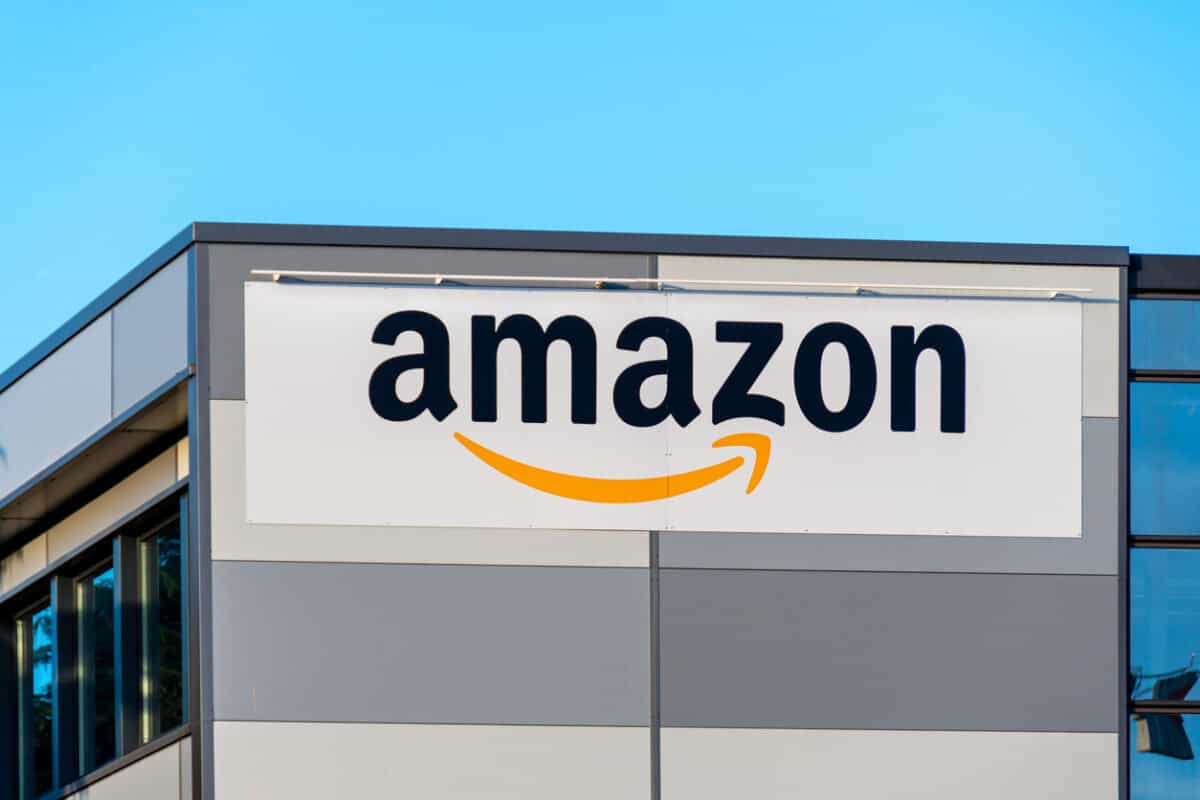The Australian Human Resource Institute (AHRI) has produced a useful analysis on hybrid and flexible work practices. However, as with most of the media coverage and commentary on workplace flexibility and working from home, the discussion of the psychological health benefits and risks is rudimentary and seems to ignore renewed employer duties under the occupational health and safety (OHS) laws.
Category: productivity
The economics of OHS and the need to think upstream
Michael Belzer and Michael Quinlan have outlined the economics of occupational health and safety (OHS) in the editorial of the latest edition of The Economic and Labour Relations Review. This contrasts with earlier research about the business case for OHS as it broadens the pool of influences more broadly. They write:
“The economic approaches to OHS in the papers in this issue identify externalities and suggest that incomplete market analysis has created an inappropriate permission to ignore uncompensated costs in labour, product, and service markets; these incomplete markets lead to greater social risk as well as inefficiency. More integrated understandings of OHS are challenging but research performed without them leads to narrow and partial understandings.” (page 483)
Amazon’s OHS risks and practices revealed
The political upheavals in the United States and the changes to corporate ideologies are concerning, primarily because of the potential infection of other nations. Businesses are not as globally connected as much of the media coverage implies. Still, Australian businesses watch the actions of global companies, and Amazon has been prominent in workplace and occupational health and safety (OHS) practices.
Recently, the US Senate Labor Committee released a damning report into Amazon’s high workplace injury rates, which includes important information for similar industries in local jurisdictions.
Work Health and Safety through a new perspective
2025 has started with a flurry of blog activity and more than a flurry of political change in the United States. It is easy to become distracted by those changes, but a refocus on local issues, new thoughts, perspectives, and new books may generate a balance of sanity. Here is a taste of one book that I have not had time to read entirely but that has potential.
The origin of current Human Resources perspectives
The human resources (HR) discipline is often criticised for not considering the interests of workers as its primary consideration. This is not a recent phenomenon. To understand the origins of this criticism, looking at some of the research into the discipline from before the wellness industry dominated many of the HR approaches to occupational health and safety (OHS) is helpful.
Two new books that challenge our OHS beliefs
I know the basics of occupational health and safety (OHS), but I struggle to integrate those basics into the changing world of work. As such, I have been reading about work’s socioeconomic, political, and philosophical context and how I can adapt OHS to workers’ needs and employers’ desires. Two books I purchased last week are challenging my understanding of work and OHS. Unsurprisingly, neither of them is about OHS. We often learn more about our own OHS discipline from how others see it.
What are the most substantial impediments to improving the health and safety of workers?
This is the second in a possible series of articles based on an artificial intelligence analysis of decades of audio interviews and recordings with occupational health and safety professionals, academics, lawyers and more used for this blog and my other writings. This time, I asked:
What are the most substantial impediments to improving the health and safety of workers?
Several substantial impediments to improving worker health and safety emerge from the conversations:







